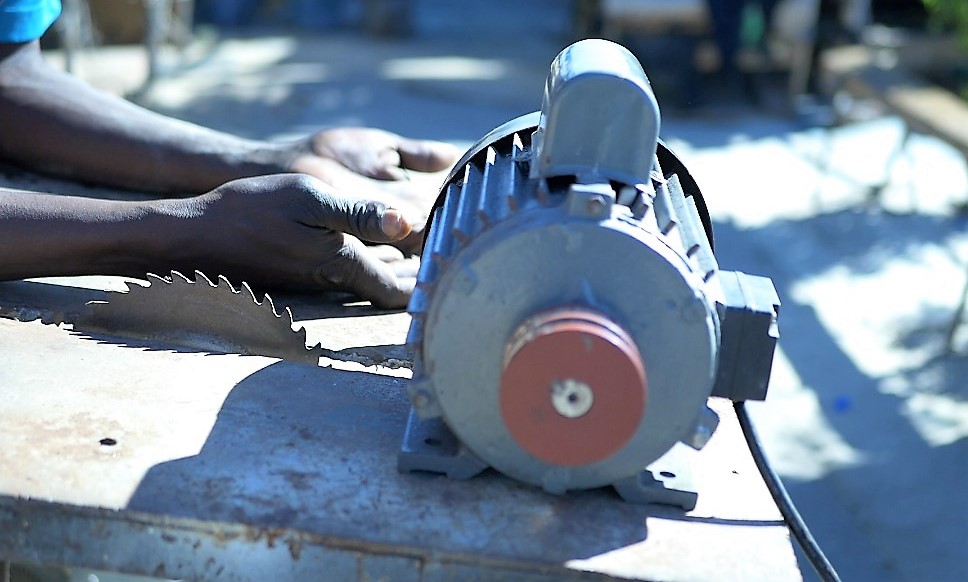Small to Medium Enterprises (SMEs) have been crippled by the electricity power cuts that last more than 15 hours a day, a setback which has negatively affected their daily operations.
The country has been experiencing massive load shedding, which the Zimbabwe Electricity Supply Authority (ZESA) attributed to the critically low water levels at the main hydro plant station in Lake Kariba.
As a result, industry and businesses have been brought to a halt, especially small businesses which cannot afford alternative means of power.
A survey conducted by CITE at Cowdray Park Suburb, revealed that locals who ran small business have suffered knocks since load shedding began as they were failing to operate without electricity.
“I run a chicken fowl, of which small chicks need heat and lighting for them to grow. I cannot afford to install solar panels, instead I tried using some fire (imbawula) to keep the chicks warm but firewood is equally expensive. Four logs of wood cost ZWD$4,” complained Francisca Masunda who is stationed at Cowdray Park Terminus.
Her profits are now diverted into buying firewood and that was unsustainable as she was no longer investing in her chickens.
“In the long run, I may have to stop my poultry business because all my profits are going towards buying firewood, which does not make business sense,” Masunda highlighted.
Another entrepreneur, Limukani Ncube who does welding and runs a grinding mill at the bus terminus, lamented that he was losing customers to those who could afford to buy diesel for their generators.
“Business is slow and I am failing to meet deadlines for clients as I cannot weld. I can’t afford to keep up with the erratic power supply. As for the grinding maize, I am also stuck. Those who trust me can leave their maize with me while others take their grain elsewhere to grind,” he said.
Ncube said he had changed his routine as he now worked usually at night when electricity s restored,
“I wake up in the middle of the night or early hours of the morning depending on the availability of electricity then my customers can collect in the morning,” he noted.
Another local, Ignatius Ngirazi who is into upholstery and carpentry next to Hawkflight stands said lack of power had forced him to shifted his working hours.
“In my line of business, speed is a necessity as I have to make seat covers, sofas, do ceiling, roofing and all this requires electricity. For carpentry, I have to use technical equipment that operates with electricity,” he said.
Ngirazi joked that working at night was affecting his “special time” with his partner, whom he could not entertain as he had to stay up late and work.
A cellular phone handyman also based at the bus terminus, Taurai Severa, concurred the above saying it was difficult to sustain a business in the dark.
“A generator or solar are a requisite but one needs fuel and installing solar is expensive e although worth it in the long run. I now have to work twice as hard to save and buy solar lamps in order to light my working space. The challenge with lack of power is everything is muted and without work, one cannot make an income for self and rentals,” he noted.
Recently, Energy Minister Fortune Chasi said out of its $33 million debt, the country had paid $10 million to South Africa’s power utility – Eskom while another ZWD$20 million was paid to ZESA.
He said this might alleviate power problems but the country should prepare themselves as power challenges cannot be solved overnight.
President Emmerson Mnangagwa also said he was engaging his South African counterpart, President Cyril Ramaphosa for help.
The country reportedly needs at least US$14million a month to meet its 600 megawatt power deficit.

